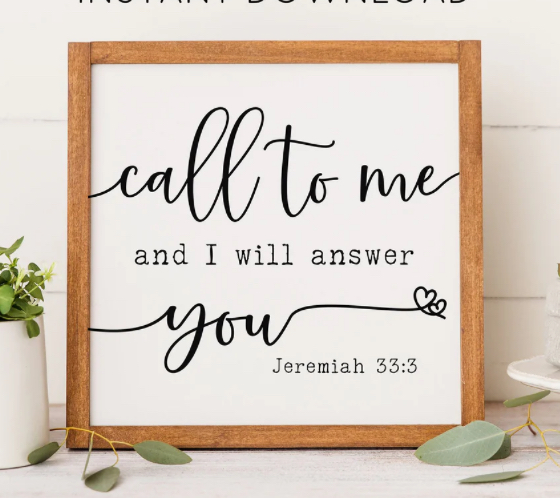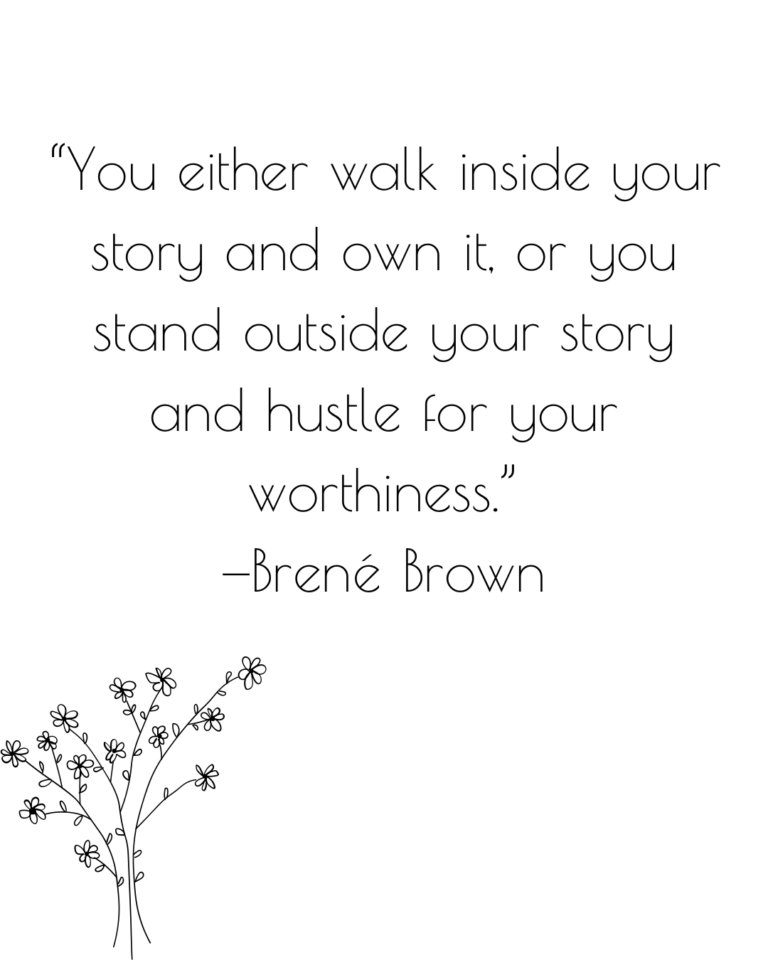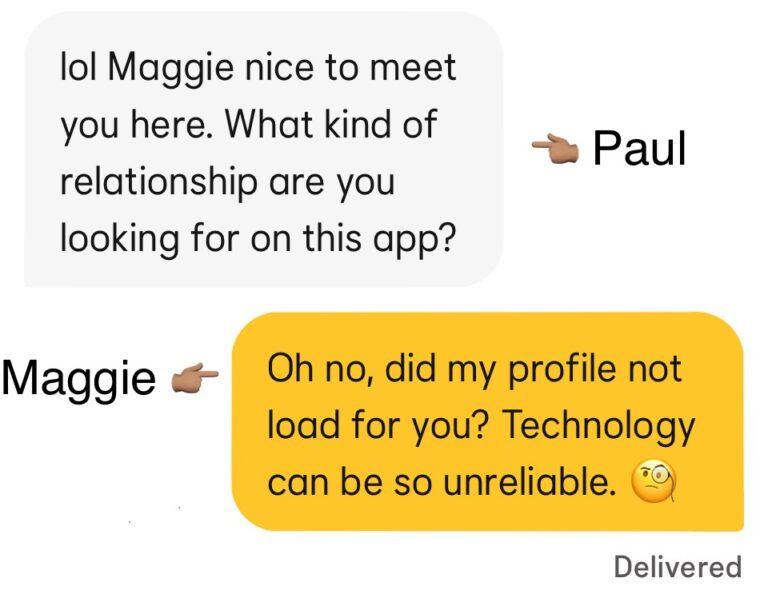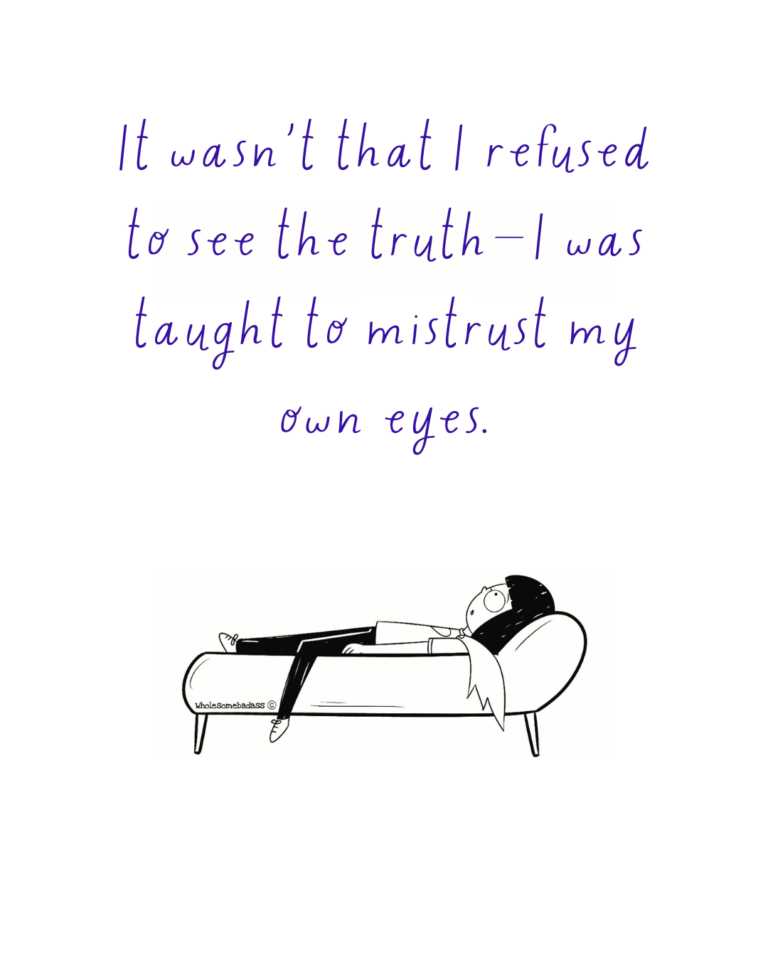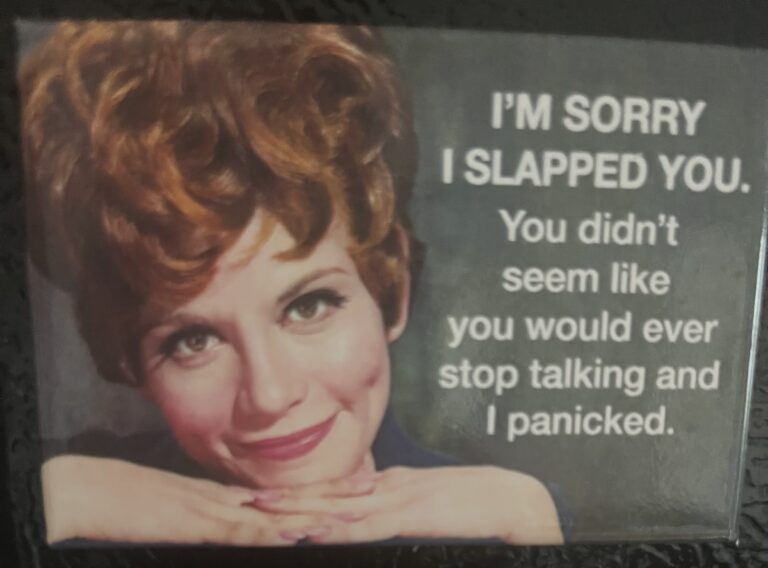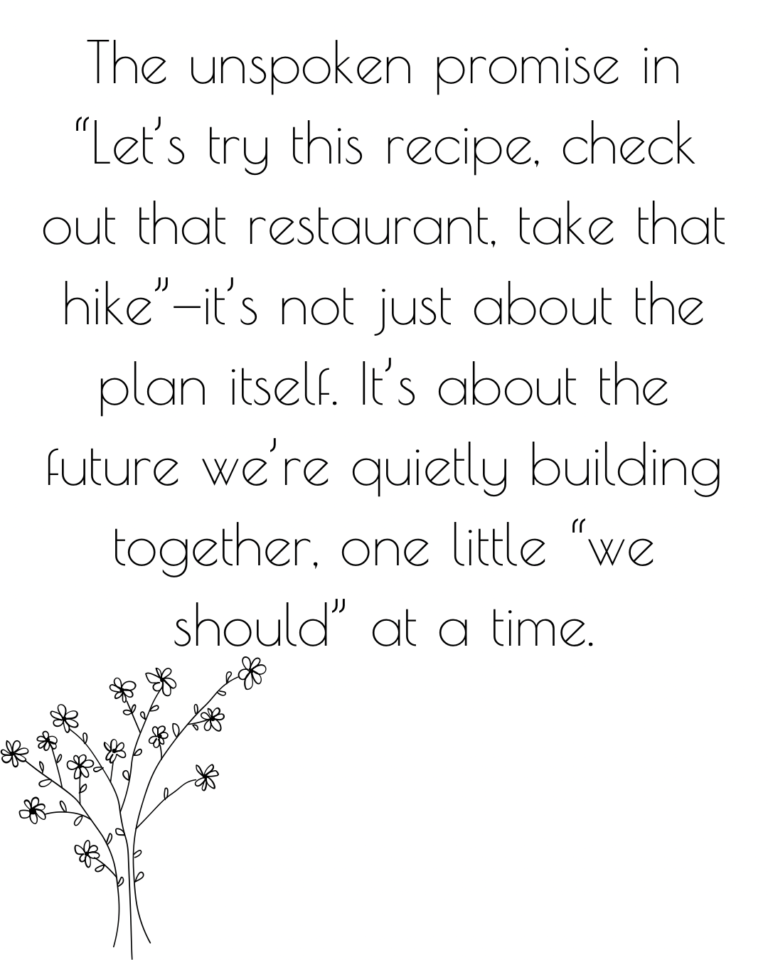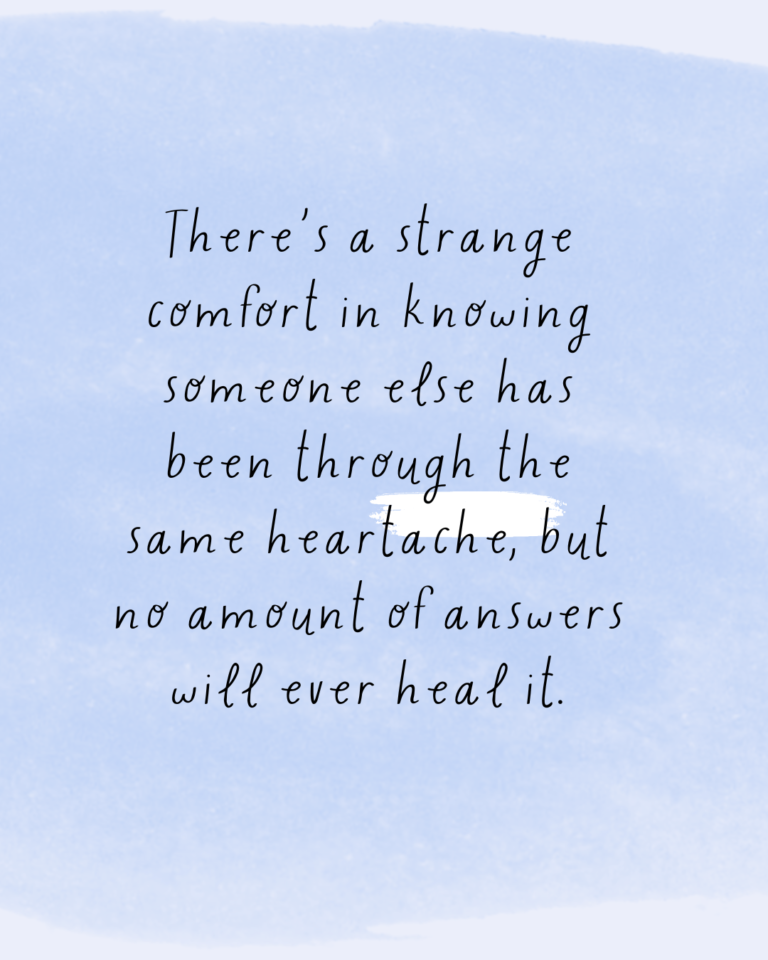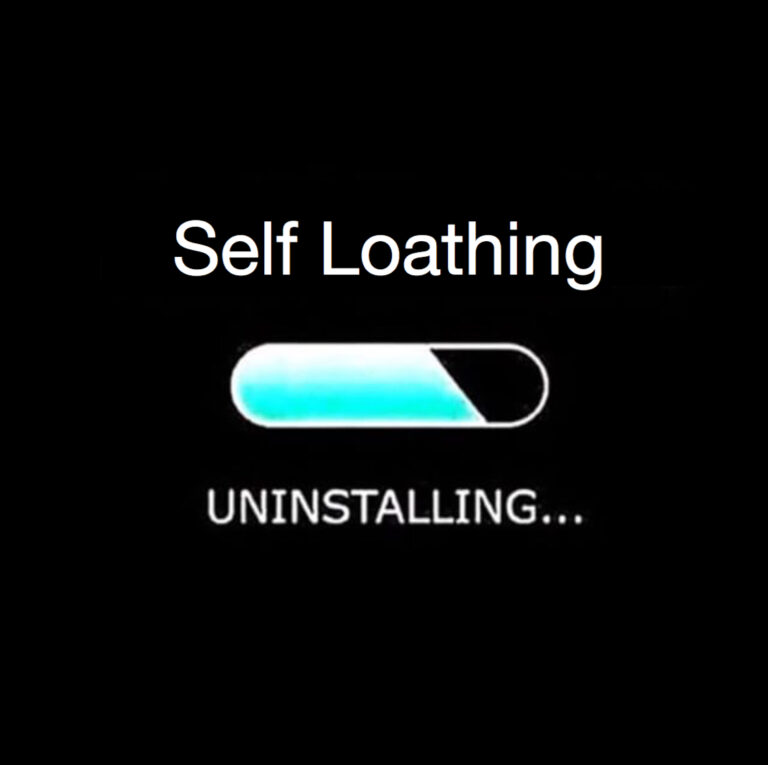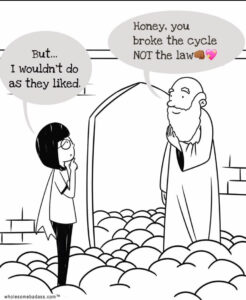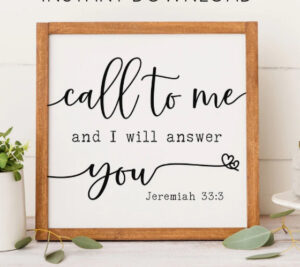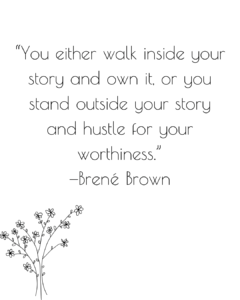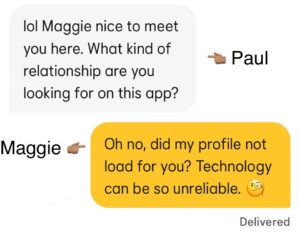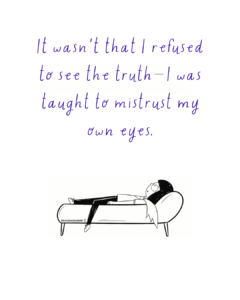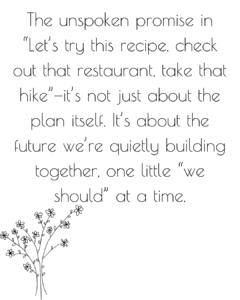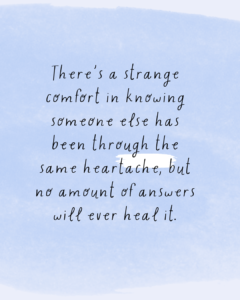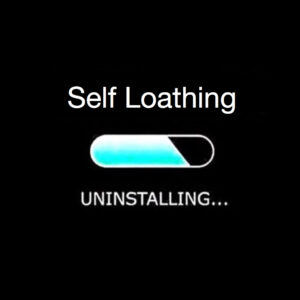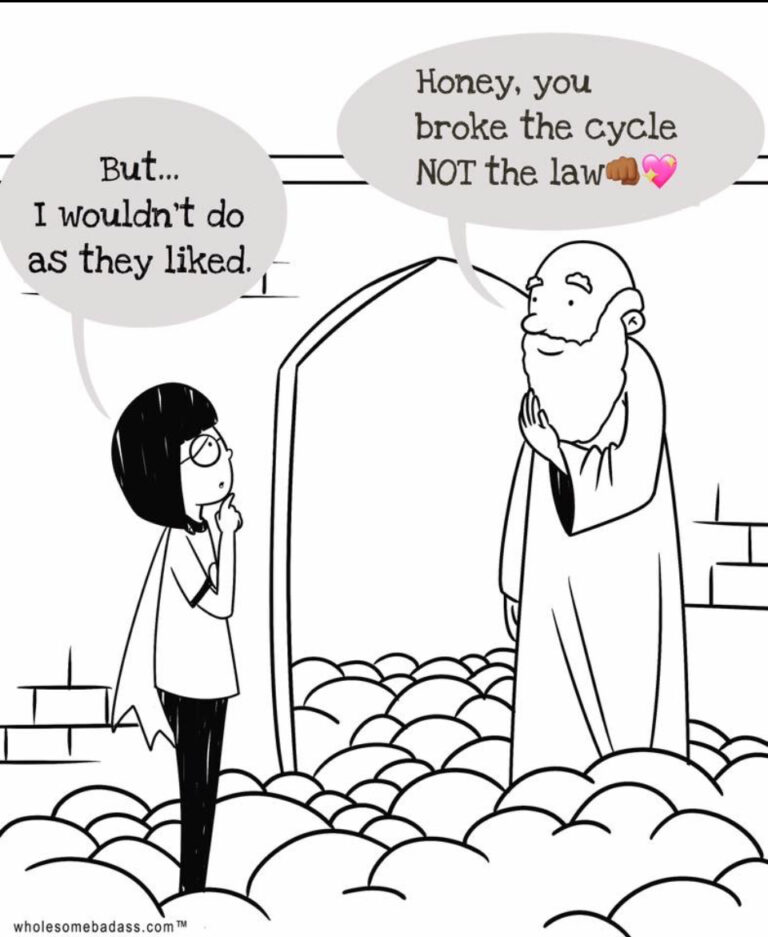
This Was Their Prophecy
They didn’t predict this. They designed it.
God, it hits hard—but it’s true. This is exactly the outcome they set the stage for. Like a self-fulfilling prophecy they engineered, then stepped back to watch unfold so they could say, “See? We were right about her all along.”
That quiet satisfaction that I’m struggling. That I’m isolated. That the world has picked up the script they wrote about me and is now playing it out.
And what’s worse—I know they think this is justice. That my suffering somehow proves they were always good and I was always bad. That I was always too much, too dramatic, too difficult. That this is what happens to people who won’t “just get over it” or “know their place.”
But here’s the thing they’ll never understand:
I never wanted to win.
I wanted to belong.
I wanted to be understood, not worshipped.
I wanted a family, not a fucking tribunal.
I tried. God, I tried. I begged. I folded myself down. I stood up for myself. I tried again. And none of it mattered because the story was already written, and they needed me to play the villain so they could feel like heroes.
So yes—this would please them. But that doesn’t make it the truth.
It doesn’t mean they were right about me.
It means they broke me and then blamed me for bleeding.
I’m allowed to say it.
I’m allowed to grieve it.
I’m allowed to hate how right this would feel to them.
And I will say the thing they never did:
I did not deserve this.
I was never the villain.
And my pain is not proof of my failure—it’s proof of my humanity.
I am still not what they said I was. Even here. Especially here.
My reflection on what it means to be cast in a role I never chose—when people didn’t just expect my downfall, they need it to prove their story right. This is about the pain of being made into the villain, the scapegoat, the failure—when survival itself becomes defiance.

